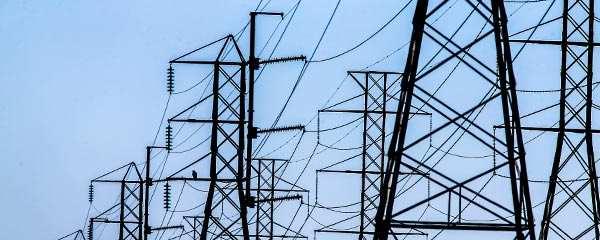PRINCETON, NJ -- Americans are divided over whether BP should continue to be in charge of efforts to control the Gulf of Mexico oil spill or whether the federal government should assume responsibility for those efforts, according to a new USA Today/║┌┴¤═° poll. Conservatives are more likely to say BP should be in charge, and liberals prefer that the government lead the efforts.

As oil continues to spill into the Gulf of Mexico and the resulting damage becomes more widespread, the findings suggest Americans' patience with BP may be starting to wear thin and their appetite for a federal takeover growing. In late May, a USA Today/║┌┴¤═° poll asking a slightly different question found the public much more likely to say of the efforts to control the oil spill and its effects.
As , the June 11-13 poll finds Americans continuing to be highly critical of BP's response. Eight in 10 say BP is doing a poor job, including 49% who say very poor. The latter figure is up from 39% in late May.
Since the BP oil rig exploded in the Gulf of Mexico in April, there have been questions about the federal government's oversight of that rig, possibly involving lax inspections.
Americans clearly see BP as responsible for the oil spill -- 75% say it deserves "a great deal of blame" and most of the rest say it deserves "a fair amount." But Americans also see the federal government, specifically "federal agencies that regulate oil drilling," as culpable, though not nearly to the same degree as BP.

Implications
President Obama will address the nation on the oil spill Tuesday night, underscoring the rising public and governmental concern about the issue. The government is becoming increasingly involved in the response, including ensuring that BP pays for the financial losses associated with the oil leak. BP remains in charge of the control efforts, though if those efforts fail to show significant signs of progress, Americans may become more interested in putting the government in charge.
Survey Methods
Results for this USA Today/║┌┴¤═° poll are based on telephone interviews conducted June 11-13, 2010, with a random sample of 1,014 adults, aged 18 and older, living in the continental U.S., selected using random-digit-dial sampling.
For results based on the total sample of national adults, one can say with 95% confidence that the maximum margin of sampling error is ┬▒4 percentage points.
Interviews are conducted with respondents on landline telephones (for respondents with a landline telephone) and cellular phones (for respondents who are cell phone-only). Each sample includes a minimum quota of 150 cell phone-only respondents and 850 landline respondents, with additional minimum quotas among landline respondents for gender within region. Landline respondents are chosen at random within each household on the basis of which member had the most recent birthday.
Samples are weighted by gender, age, race, education, region, and phone lines. Demographic weighting targets are based on the March 2009 Current Population Survey figures for the aged 18 and older non-institutionalized population living in continental U.S. telephone households. All reported margins of sampling error include the computed design effects for weighting and sample design.
In addition to sampling error, question wording and practical difficulties in conducting surveys can introduce error or bias into the findings of public opinion polls.
View methodology, full question results, and trend data.
For more details on ║┌┴¤═°'s polling methodology, visit .
